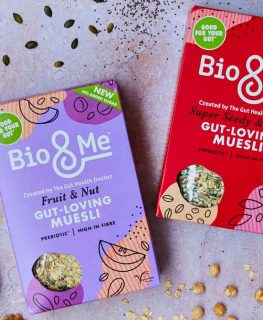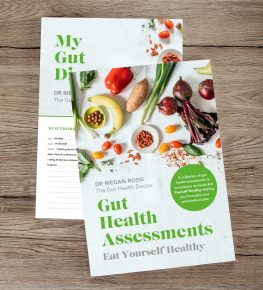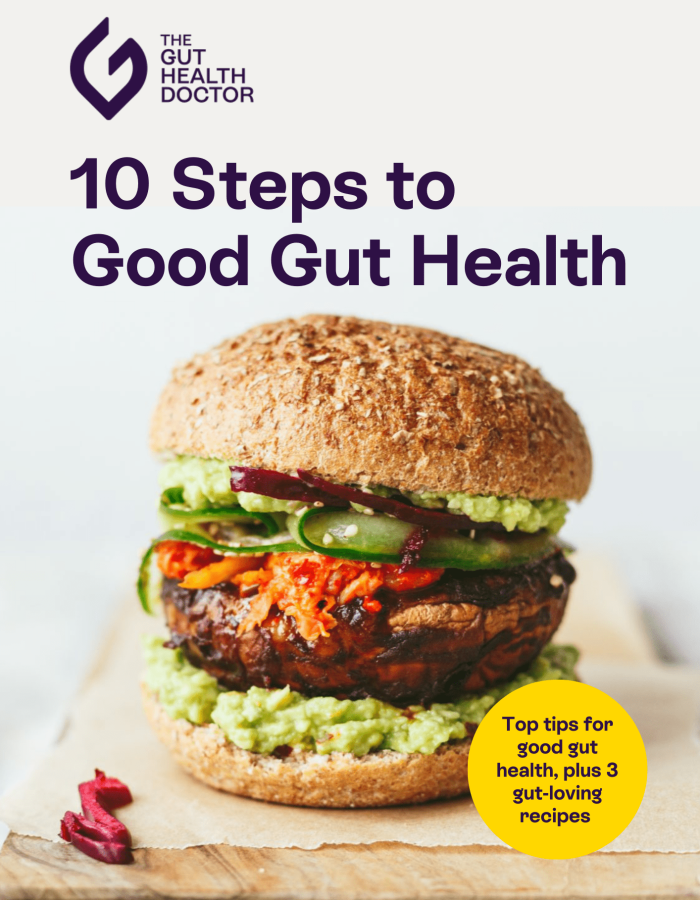We’re always talking about foods to add or eat with caution for gut health, but what about fluids and hydration? Without adequate hydration we increase our risk of developing constipation, which is associated with other troublesome gut symptoms such as flatulence, bloating and reflux.
How much fluid do I need for good hydration?
Our fluid requirements are around 35mls per kilogram of body weight, per day. So for a 70kg person, this is 70kg x 35mls, which works out at around 2450mls of fluid (or 2.5L) per day. This amount is an estimation and may vary depending on your fibre intake, temperature, exercise and if breastfeeding.
What type of fluid do I need for good hydration?
We recommend choosing primarily water, herbal teas and dairy/alternative milks, enjoying other fluids in small amounts.
Here’s the lowdown on some fluids to serve, and some to swerve:
Water: It’s a yes from us! Water is often overlooked in terms of value within gut health, we know that staying hydrated and drinking enough water is key.
Squash: avoid those with added sweeteners as these can have a detrimental impact on the healthy bacteria within our gut. Instead, choose cordial with a little bit of sugar, in small amounts, this is okay as it is absorbed high up within your intestine and so will not have a negative impact upon the healthy bacteria within your lower intestine.
Juice: ok in small amounts, and can be a good day of getting a variety of vitamins into the diet if you’re not keen on certain fruits or vegetables. But you miss out on the fibre, and too much at once can cause a spike in blood sugar levels so we recommend keeping portion sizes small, or avoiding drinking large amounts at once.
Tea & coffee: for most people, we want to limit these to about 4 cups per day. In small levels, these can boost our mood and coffee is a great source of polyphenols. Too much however can tip that balance, causing loose stools, reflux or heartburn if some. You can include much higher levels of herbal tea but caution mint tea if you have reflux of heartburn, and if you’re on the low FODMAP diet, check to make sure your herbal teas are suitable.
Dairy and milk alternatives: Mammalian milk (cows, goats milk) is a nutritious option for most people as it contains iodine (if it is inorganic), fat-soluble vitamins and calcium. Nut based or soya milks are also a good option and offer a variety of flavours. Choose inorganic as these are fortified with calcium and in some cases b vitamins and iodine too, but be aware that the protein content of these is usually less than dairy. Lactose (the sugar found within dairy milk) can contribute to gut symptoms in some people – lactose-free milks are available, and the better tolerated plant-based options tend to be almond and hazelnut milk.
Alcohol: Red wine can be good for your gut health in small amounts due to its polyphenol content. Larger amounts of all alcohols can irritate the gut lining as well as increase symptoms of reflux, heartburn and nausea.
Kombucha: Great source of probiotics (healthy bacteria for your gut!) although caution there are often sweeteners added so do check the ingredients! If you haven’t had kombucha before, bring this in slowly and consistently to avoid gut symptoms such as bloating as your body gets used to these new bacteria!
Conclusion
Good hydration is one of the most important aspects of our diet. Water makes up two-thirds of our body and is necessary for every cell, tissue and organ. We need water in order to digest food properly and prevent urinary tract infections, constipation, headaches as well as to keep our skin healthy. Severe dehydration can be a medical emergency. If you’re not sure if you’re getting enough fluid then look at the colour of your pee. If it is dark and strong-smelling then it’s a sign you need to drink more – we’re aiming for clear to pale yellow. There’s plenty of methods of meeting your fluid requirements – if in doubt opt for water with some added fruit which you can eat at the end for some added gut-loving benefits!
This blog was authored by Lucy Kerrison, a gut specialist dietitian.













